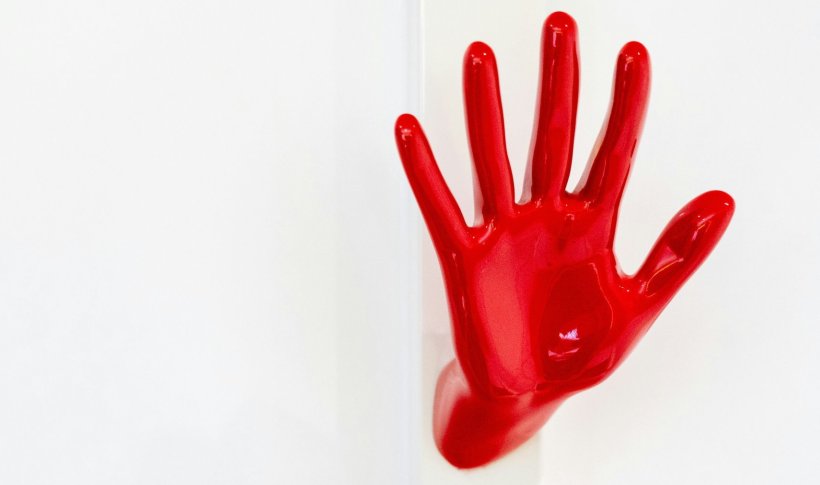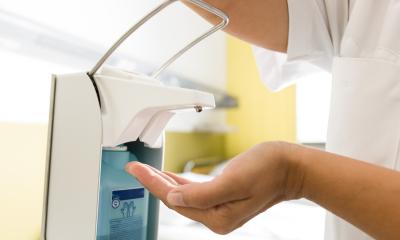
© Nick Fewings – unsplash.com
News • Hygiene compliance study
Everyone washes their hands after using a hospital toilet, right? Well, actually...
Almost one in two people using a hospital toilet did not wash their hands afterwards, according to new research from the University of Surrey – raising serious concerns about hygiene compliance in high-risk environments.
In a 19-week study conducted in partnership with Bispebjerg hospital in Denmark, sensors were installed on toilet and sink pipes to unobtrusively monitor handwashing behaviour. The results showed that 43.7% of users did not wash their hands after using the toilet, with non-compliance peaking at 61.8% on certain weeks.
Despite the emphasis on hand hygiene during the pandemic, the findings suggest that regular handwashing is still not a consistent habit – even in places where cleanliness is vital for preventing infection spread.
These findings are worrying but not surprising. Even simple behaviours like handwashing can lapse without reinforcement. In hospitals, lapses like these can have serious consequences – for patients and for the wider healthcare system
Carrie Newlands
"People may assume handwashing is second nature by now – especially in hospitals and post-Covid-19 – but our data paints a different picture," said Dr Pablo Pereira Doel, Human Insight Lab co-director; Water programme co-lead at the Institute for Sustainability and Visiting Fellow at the Center for Tourism Research at Wakayama University (Japan).. In medical settings, not washing hands can directly affect patient safety. We need well-timed reminders and campaigns to get people back on track.
The study used advanced Aguardio pipe sensors to measure temperature changes in pipes, detecting water flow from both toilets and sinks. If taps weren’t used within two minutes before or four minutes after a toilet flush, the event was recorded as a failure to wash hands. Out of 2,636 flushes monitored from two public hospital toilets, 1,153 were not followed by handwashing. Non-compliance was especially high at the start and end of the day, as well as during typical mealtimes, indicating potential windows for targeted interventions such as signage, prompts, or behavioural nudges.
"A key strength of this study is that it uses accurate data obtained using sink sensors, rather than relying on people being willing and able to report whether they wash their hands. Strategies that raise awareness at the crucial point in a bathroom visit and easily understood messaging about how to wash effectively – like singing Happy Birthday twice over – can help people form handwashing habits that last," said Professor Benjamin Gardner, Professor in Psychology; MSc Behaviour Change Programme Lead.
"These findings are worrying but not surprising. Even simple behaviours like handwashing can lapse without reinforcement. In hospitals, lapses like these can have serious consequences – for patients and for the wider healthcare system. It’s time we moved beyond posters and hand gel stations to more effective behavioural strategies," added Professor Carrie Newlands, Lead for Clinical Skills, Deputy Lead for Admissions, School of Medicine.
Source: University of Surrey
21.07.2025





